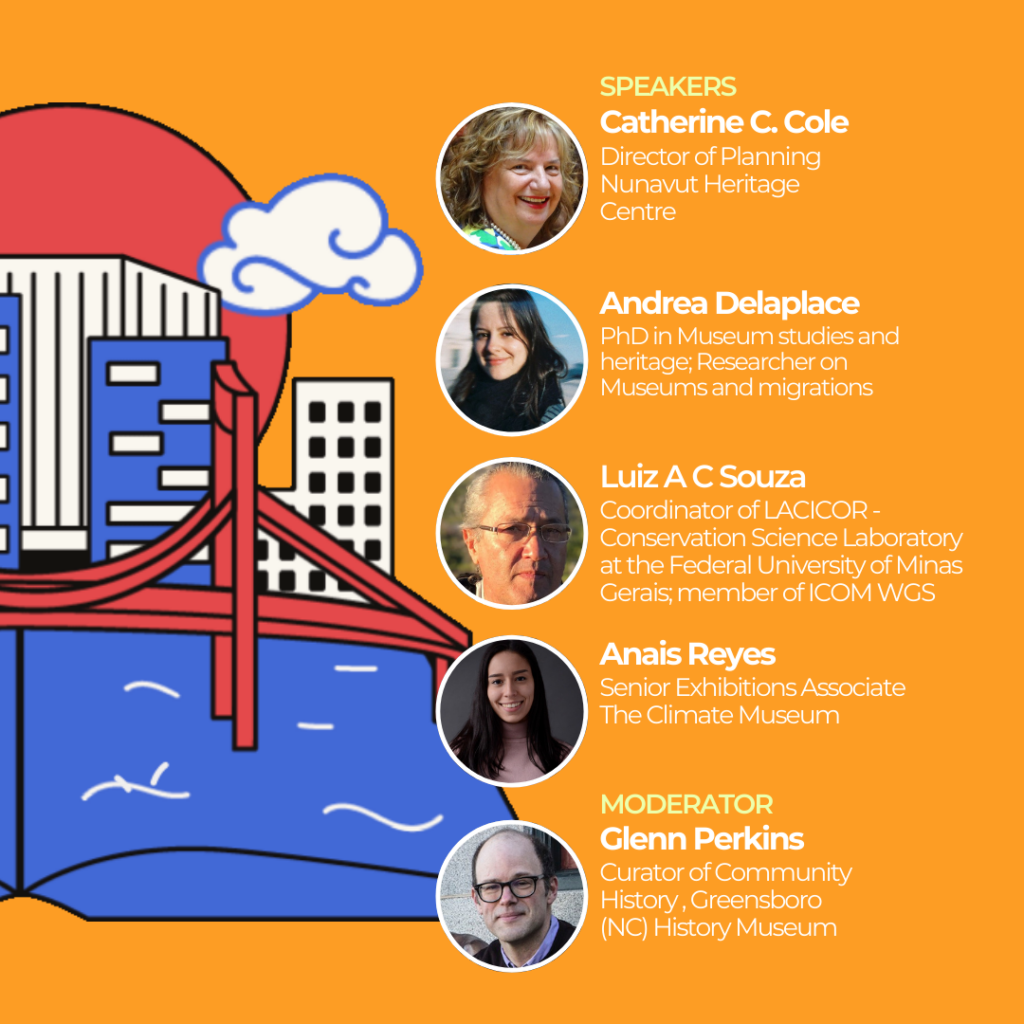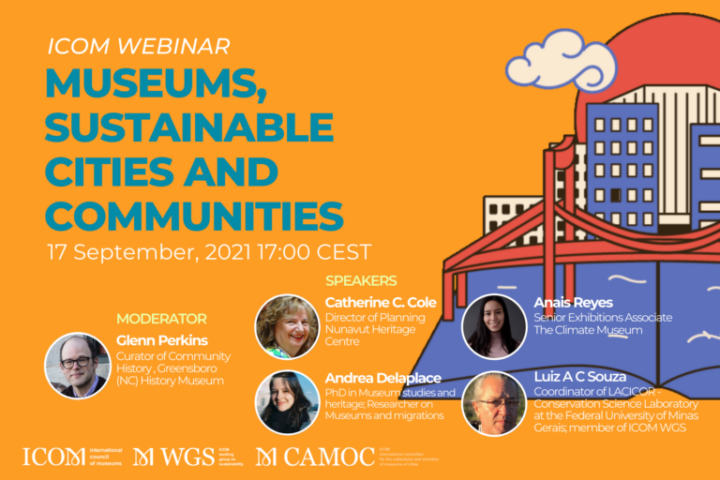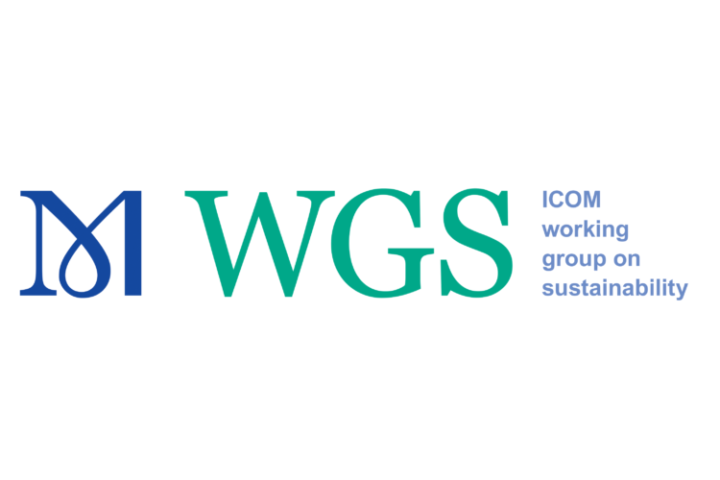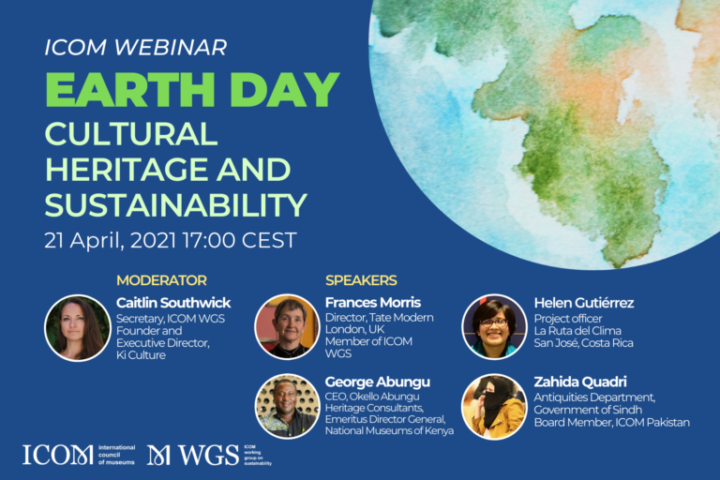In a world that is increasingly urbanised, the need to develop inclusive, safe and resilient communities and human settlements is a pressing imperative. Cities are drivers of economic, social and cultural growth, but they are also one of the places where the most alarming social and economic inequalities are exposed.
Museums and cultural heritage sites are powerful assets for local development. They can inspire creativity, boost cultural diversity, help regenerate local economies, attract visitors and bring revenues. At the same time, the role of museums in supporting well-being, health, lifelong learning and the creation of social capital is becoming more and more prominent.
Museums can play a crucial role to address contemporary societal issues such as globalisation, migration, polarisation, inequality, populism, gender equality, ageing societies, decolonisation and climate change. They are platforms where restorative justice, intercultural and intergenerational dialogue, and cultural diplomacy principles can be applied.
As part of a series of 6 webinars promoted by the ICOM Sustainability Working Group to address Agenda 2030, and in collaboration with CAMOC, the International Committee for the Collections and Activities of Museums of Cities, we are pleased to invite you to the webinar “Museums, Sustainable Cities and Communities“, that will take place on the 17 of September, 17:00 Paris time (GTM+2).
This webinar will gather museum professionals from different countries to discuss how museums can and are contributing to make cities and human settlements inclusive, safe, resilient, and sustainable. Each panelist will approach the issue from different but complementary perspectives, drawing on research and case studies from various regions of the world. Their presentations will address issues such as migration and inclusion, community engagement, civic and collective climate activism.
The webinar will be accessible on Zoom (upon registration) and on live streaming on youtube. The webinar will be in English.

SPEAKERS
Catherine C. Cole is the Director of Planning for the Nunavut Heritage Centre being developed by the Inuit Heritage Trust in Iqaluit, an Indigenous organization established through the Nunavut Agreement (2020-present) and Principal Consultant, Catherine C. Cole and Associates (1993-present). As a consultant, Catherine has written municipal cultural plans, museum feasibility studies, strategic plans and policies, and government program reviews, as well as being the project manager/curator for several large, multidisciplinary arts and heritage projects. She worked on the preservation of Indigenous heritage in the Solomon Islands from 1991-1993. Prior to that she was a social/labour history curator with Alberta Culture and worked in interpretation for Parks Canada and several historic sites in Ontario. Catherine is Vice-Chair of CAMOC and was the Secretary-General of the ICOM-Affiliated Organization, the Commonwealth Association of Museums (CAM) from 2013-2020.
Andrea Delaplace has a PhD in Museum studies and heritage, ED 441 History of Art, Université Paris 1 Panthéon-Sorbonne. She presented her thesis on the Ellis Island Immigration museum, the Museu da Imigraçao and the Musée national de l’histoire de l’immigration in december 2020. She is a member of ICOM-CAMOC and contributed to the Migration Cities project from 2017 to 2019. She is also a member of the Groupe de Recherche en Histoire du Patrimoine et des Musées – HiPaM and of the Association de la recherche sur l’image photographique – Arip. She recently worked as a researcher at the Picasso Museum in Paris in an exhibition that we’ll be opening in the fall 2021.
Anais Reyes is the Senior Exhibitions Associate at the Climate Museum. She has previously worked at the American Museum of Natural History, the New Museum of Contemporary Art, and the Whitney Museum of American Art. She received her BFA from the University of Wisconsin-Madison with concentrations in curation and entrepreneurship, and is currently studying the intersections of climate change, ecology, and culture at Columbia University.
Dr. Luiz Souza is a Conservation Scientist, trained in Brazil, Belgium and USA. He is the Coordinator of LACICOR – Conservation Science Laboratory, at the CECOR – Center for Conservation and Restoration of Cultural Properties – School of Fine Arts – Federal University of Minas Gerais, in Belo Horizonte, Minas Gerais, Brazil. He is one of the founders and currently President of ANTECIPA – Brazilian Association of Research in Technology and Heritage Science. He’s currently working on the restoration of the National Museum in Rio, a major project that aims to integrate the museum into the surrounding community.
MODERATOR
Glenn Perkins works as Curator of Community History at the Greensboro (NC) History Museum in the United States. He holds MA degrees in Public History/Historic Preservation from the University of North Carolina Greensboro and in East Asian Languages and Cultures from Columbia University.


